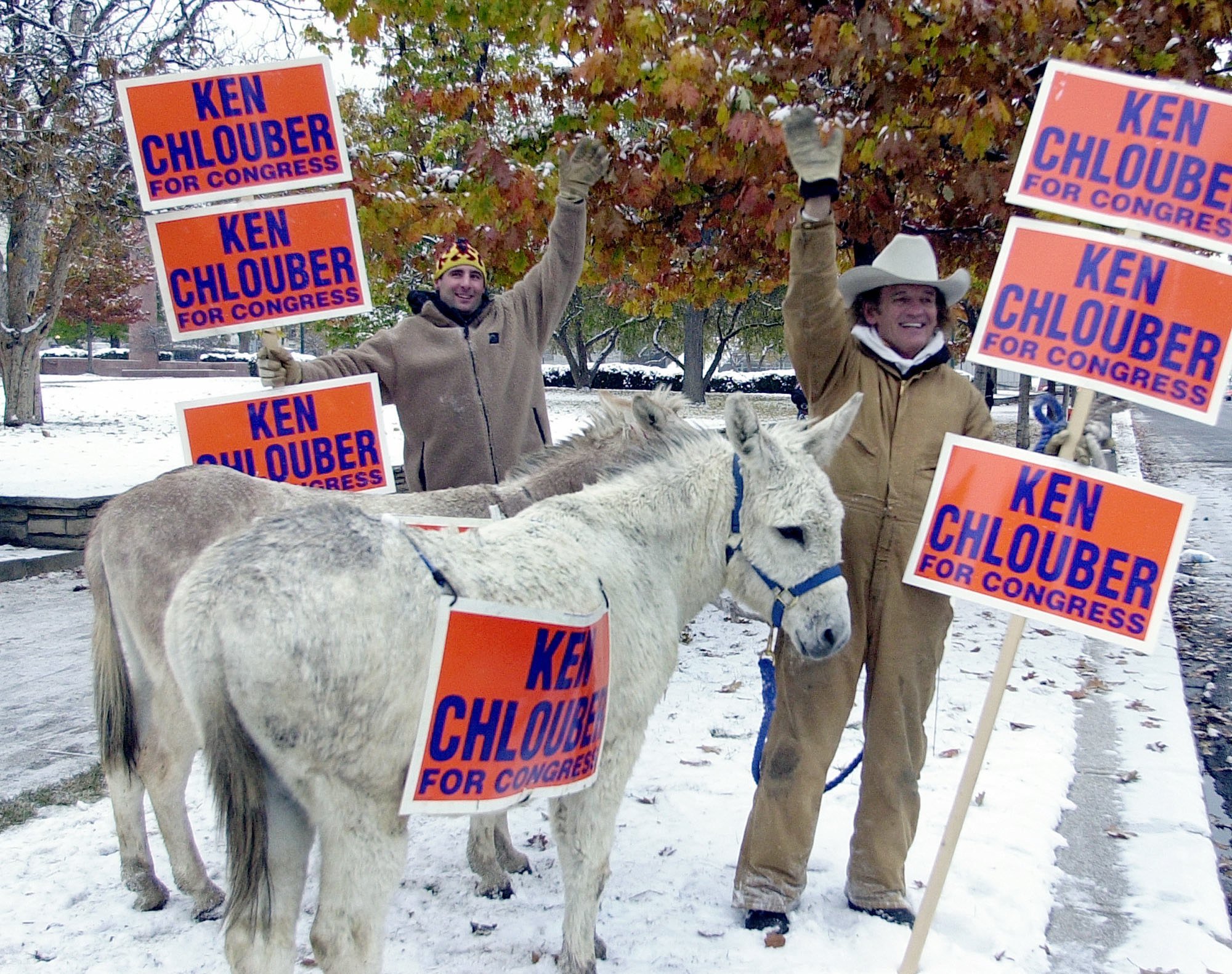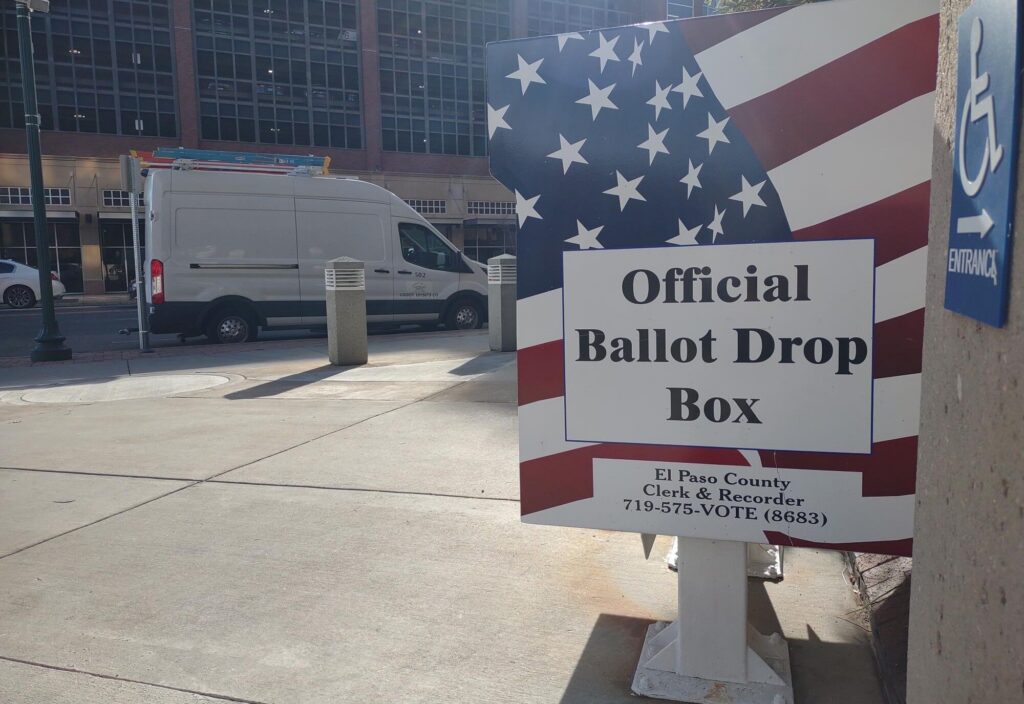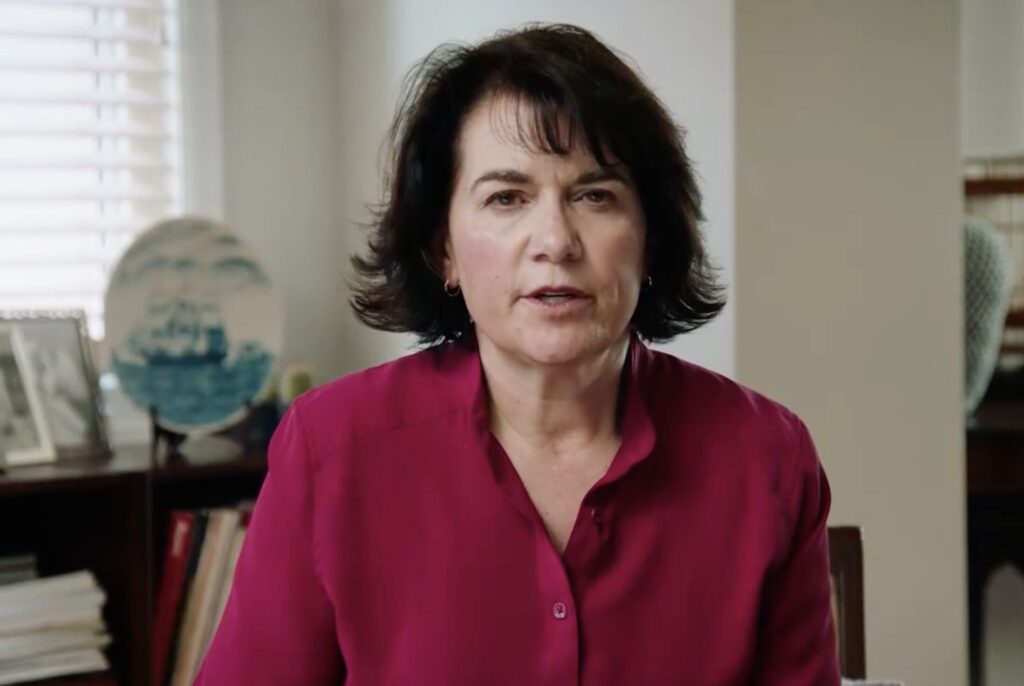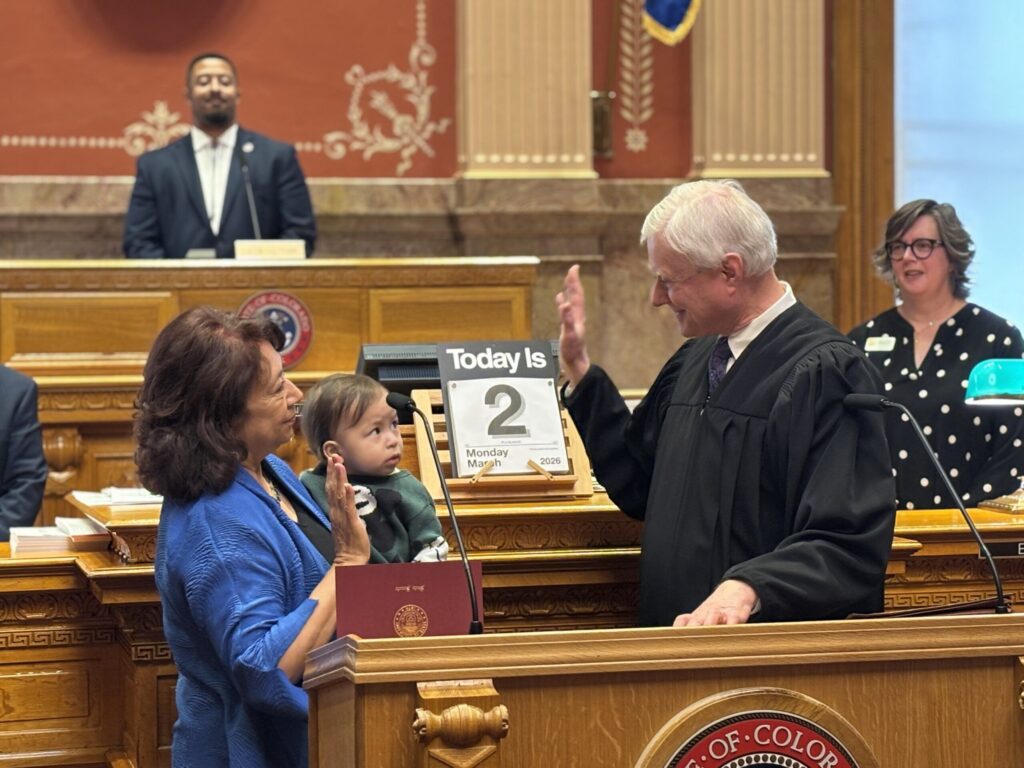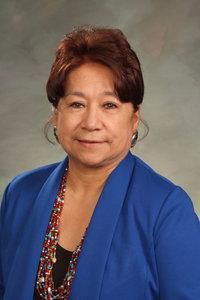Colorado’s crop of congressional district switchers makes for Year of the Carpetbagger | TRAIL MIX

With just over nine months to go until Colorado’s general election, 2024 has already taken shape as the year of the carpetbagger.
Lauren Boebert, the state’s most prominent elected Republican, thrust the phenomenon into the political conversation a few weeks ago when she announced plans to relocate across the Continental Divide, hoping to win a third term in Congress in the deep red district represented by retiring U.S. Rep. Ken Buck instead of risking defeat on her home turf.
Faced with a formidable primary challenge and a potential rematch against the Democrat who came within a few hundred votes of upsetting her in the last election, Boebert declared her intention to move from Silt on the Western Slope, in the 3rd Congressional District, to somewhere on the Front Range or Eastern Plains, in Buck’s 4th Congressional District.
It’s allowed under the U.S. Constitution, which requires only that members of the House of Representatives be “an Inhabitant of that State in which he shall be chosen,” though most congressional candidates in Colorado have moved into the districts they hope to represent before the election.
Boebert is trading the Republican-leaning district she’s held since 2021 for a chance at securing a safe GOP seat, though she’ll first have to prevail in what could be the most crowded congressional primary in state history, with 10 other Republicans campaigning for the prize.
She leaves behind erstwhile primary challenger Jeff Hurd, the Grand Junction attorney and first-time candidate who had already amassed support from much of the state GOP’s old guard, and likely Democratic nominee Adam Frisch, the former Aspen City Council member who nearly beat Boebert in 2022 and spent last year consistently outraising the incumbent, setting new state fundraising records in the process.
The Republicans already running in Boebert’s new district didn’t exactly roll out a red carpet for the polarizing political celebrity and headline magnet.
“I am not impressed with another Carpetbagger shopping for a district,” said state Rep. Richard Holtorf, R-Akron, in a text message.
The derogatory tag dates back to the post-Civil War period, when Yankees packed their belongings in satchels – or carpetbags – and moved to the South to run for office during Reconstruction. Since then, it’s come to mean any politician who transplants into a different jurisdiction in search of a more hospitable electorate.
“Seat shopping isn’t something the voters look kindly upon. If you can’t win in your home, you can’t win here,” Holtorf said, adding, “She is grossly lacking in understanding the needs of the 21 counties in eastern Colorado that make up this district. She knew she’d lose in her own district and I’ll show her that’ll she’ll lose here too.”
Former state Sen. Ted Harvey, R-Highlands Ranch, didn’t hold back.
“Boebert has failed the conservatives in CD3 to such a degree that they will no longer vote for her,” Harvey said in a text message. “Now, in what can only be seen as a vain effort to cling to power, she seeks to represent the the voters of CD 4 – a vastly different constituency.”
Less aggressively, Logan County Commissioner Jerry Sonnenberg, a former state lawmaker, made a similar point.
“I look forward to welcoming Lauren to the fourth district and representing her in Congress,” Sonnenberg said in an email. “I’ve lived, worked, and raised my family here and I’m blessed to have always called Eastern Colorado home. The fourth district is my home, and I’m going to continue to work hard to represent the principled conservative values of everyone who lives here just as I have always done.”
Across the aisle, Colorado Democratic Party Chairman Shad Murib crowed that his party’s efforts and Boebert’s voters had “chased her out of her own district.”
“With this carpetbagging move, Lauren Boebert has shown herself to be everything she claims she isn’t: a typical swampy politician looking for a reason to call Washington D.C. home,” Murib said in a statement.
Seth Masket, a University of Denver political science professor and noted political analyst, put Boebert’s move in perspective.
“Charges of ‘carpetbagging’ are pretty easy here (and I welcome any opportunity for Lauren Boebert to learn more about the Reconstruction Era), and while this is unusual, there’s nothing particularly odious about it,” wrote Masket in his Substack newsletter Tusk.
“Chances are that her agenda – which again is largely fixated on national Republican priorities – will be a decent fit with the fourth district, which is about 20 points more Republican than the third is,” Masket wrote, adding that Boebert’s alliance with former President Donald Trump could help her win the GOP nomination, even though factors that drove her to uproot for greener pastures could continue to haunt her after her move.
It isn’t the first time Boebert has talked about moving from one district to another to keep a seat in Congress.
Just over two years ago, when the state’s congressional redistricting commission staff released a preliminary map that drew Boebert’s Garfield County residence out of the 3rd CD and into the Boulder-based 2nd Congressional District – represented by Democrat Joe Neguse – the Republican made clear that she intended to move back into the 3rd CD and run from there, if it came to it.
“I am so proud to represent CO’s 3rd District,” Boebert tweeted in late 2021. “Regardless of redistricting I will run & win again in the 3rd because rural Colorado wants & needs a strong conservative fighter.”
While the commission’s final map restored Boebert to the 3rd CD, she would have only had to move a few dozen miles west into Mesa County under the initial plan, compared to the hundreds of miles she’ll have to travel to get to her new home in the 4th CD.
She isn’t the only Colorado congressional candidate packing a carpetbag this year.
Just days after Boebert announced her district switch, former state Rep. Ron Hanks, R-Cañon City, declared his candidacy for the seat Boebert is abandoning, along with plans to transplant himself into her old district from the 7th Congressional District.
Hanks, who made an unsuccessful run for the U.S. Senate in 2022, told Colorado Politics last week that he had completed a move to Grand Junction, where he’s renting a room from Tom Bjorkland, the Colorado GOP’s treasurer.
Fort Collins insurance agent Joe Andujo is one of three Republicans running in a primary for the chance to challenge Democrat Yadira Caraveo, though he lives just outside the battleground 8th Congressional District, which stretches from Adams County suburbs north to Greeley.
Less conspicuously, former longtime Democratic state lawmaker Ron Tupa – he served three terms in the state House and two terms in the state Senate – has filed to run as an unaffiliated candidate against Democratic incumbent Brittany Pettersen in the 7th Congressional District, which doesn’t include his hometown of Boulder.
There could be more.
Although the vast majority of Colorado’s congressional candidates have likely already declared, Republicans and Democrats have until the middle of March to make their campaigns official. If the constant chatter among the state’s political class is any indication, expect at least a few more high-profile names to emerge in coming weeks, possibly including one or two who don’t live in the districts they want to represent.
It’s a bumper crop of carpetbaggers in a state where the tactic has typically been rare.
Since the turn of the century, Colorado’s ballot has featured just seven carpetbagging congressional nominees, and two of them won election.
The Aurora-based 6th Congressional District saw a run of them last decade, when Republican Mike Coffman faced three Democratic challengers who lived in Denver, in the 1st Congressional District, when they launched their campaigns.
Then-state Rep. Joe Miklosi, D-Denver, and former House Speaker Andrew Romanoff, D-Denver, failed to unseat Coffman, an Aurora native, in 2012 and 2014, respectively, but in 2018 Denver attorney Jason Crow moved 17 blocks into the 6th CD during his campaign and sent the incumbent packing. Routinely derided as “carpetbagging Crow” by the National Republican Congressional Committee, the Democrat has won reelection twice and is expected to cruise to a fourth term this fall.
Meanwhile, Aurora Republican Casper Stockham seized the carpetbagging crown, running twice against Democrat Diana DeGette in the 1st CD, in 2016 and 2018, and once against Democrat Ed Perlmutter in the 7th CD, in 2020, without ever moving from his home in the 6th CD – and lost in landslides each time.
In 2002, Republican Bob Beauprez resigned as state GOP chairman and moved from Lafayette, in the 2nd CD, to Arvada, in the 7th CD, just before declaring his run in the newly created district, which he won twice.
That same year, accomplished actor and veteran state Senate employee Denis Berckefeldt, a Denver Democrat, was his party’s “placeholder” nominee in the 3rd CD, where he lost a bid to unseat Republican Scott McInnis.
Also in 2002 – an election that held the carpetbagger title before this year – then-state Sen. Ken Chlouber, a Leadville Republican and perhaps Colorado’s most colorful congressional carpetbagger, changed his residence from the 3rd CD to the Denver apartment he occupied during legislative sessions to mount a quixotic run in the 1st CD.
Founder of the Leadville 100 – a grueling, high-altitude ultra-endurance race – Chlouber, a former shift boss at the Climax Mine, campaigned in his trademark bolo tie, alongside his racing burros Snoopy and Mork, but lost by a wide margin to DeGette.
